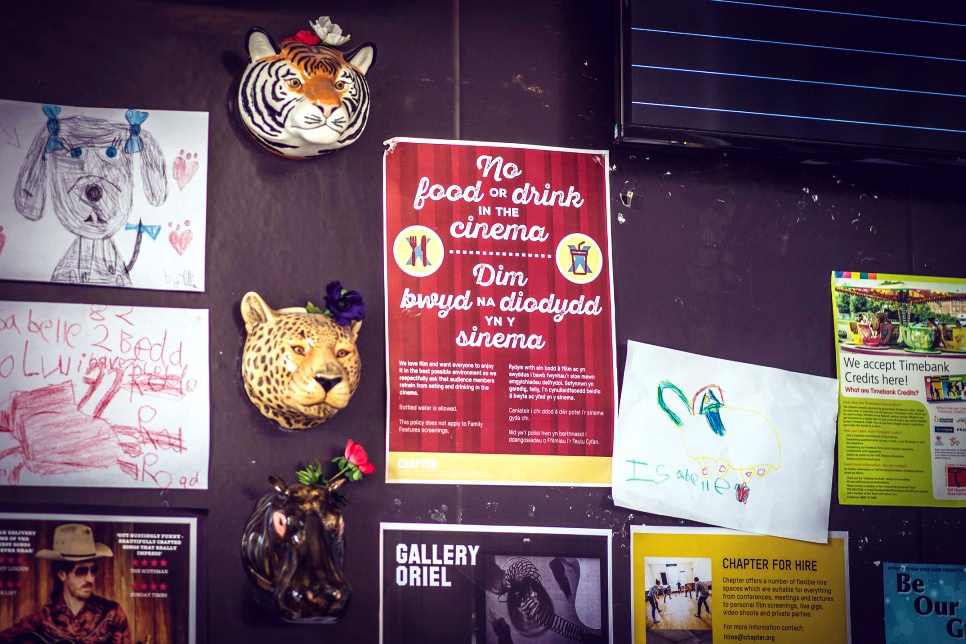Below are some practical ideas on how to include Welsh language and bilingual elements in your event.
Small powerful changes
Greet guests: As attendees arrive at your event use 'Bore da / Prynhawn da' (Good morning / Good afternoon). Don't worry if you can't continue the conversation in Welsh. Explain that you do not speak the language but that you are supportive of the Welsh language as a company / artist.
Make it easy for people to identify Welsh speakers: Order a Iaith Gwaith (Working Welsh) badge for frontline staff and volunteers to wear by emailing: post@cyg-wlc.cymru. The badge shows who in your team can communicate in Welsh and it makes it easy for people to use the language with you if they wish.
Place your Welsh speaking staff and volunteers in prominent locations: For example, at the entrance to the event or at the welcome desk. Below are some more ideas on how to recruit bilingual volunteers to your event.
Make it clear that the Welsh language is welcome at your event: Make sure that Welsh is used during your event. Some of your speakers may not be able to make bilingual presentations but why not encourage everyone to include a greeting in Welsh at the beginning of their presentation?
Be brave in using the Welsh language. There are innovative and interesting ways to represent the language on stage. Try not to default to the 'easiest' option.
Medium term changes
Visual materials: Make sure that Welsh is used on your event’s visual materials such as signs and banners. Remember to consider the Welsh language when planning design work.
Practical help is also available with drafting messages in Welsh: The Welsh Language Commissioner offers a free proofreading service. Email your drafts to hybu@cyg-wlc.cymru and the work will be checked and returned to you.
Other materials: Make sure that the programme, speaker information and guidance packs are available in both languages. When displaying presentations, why not illustrate key information in both languages? In an exhibition, put bilingual labels on displays and translate any explanatory materials and / or catalogues. Finding a translator in your local area to support you with this work is easy.
Promoting the event: Promote your event on social networks in Welsh as well as in English - for more ideas on how to do this, visit our Digital support page.
Record the language preference of attendees: Ask attendees to indicate their preferred language before attending your event and let them know that you welcome contributions in both Welsh and English.
Include Welsh speakers when selecting and inviting guest speakers: Invite Welsh-speaking contributors and encourage them to make their presentations in Welsh.
Arrange simultaneous translation: simultaneous translation for workshops and conferences can easily be arranged by contacting the Association of Welsh Translators and Interpreters. Remember that you should brief the translator on any specialist terminology and specific conference content in advance.
Recruiting bilingual stewards and volunteers: For larger events, try recruiting bilingual stewards and volunteers. Why not contact your Menter Iaith to help find volunteers in your local area?
Press releases: If you want to publicise your event in the Welsh language press, it is very important to make sure that you engage with relevant contacts. For more information about Welsh language media and press outlets click here.
Even if an event is not completely bilingual, Welsh speakers are encouraged to contribute in Welsh if they wish to do so.
Further Resources
Here is a checklist of things to consider when planning a bilingual event.

